How To Prevent Chickens From Eating Their Eggs
Are you dealing with the frustrating behavior of hens eating their own eggs? This common issue can be challenging for poultry owners to manage. In this blog post, we’ll explore effective strategies to prevent hens from consuming their eggs, helping you to maintain a productive and profitable flock. By implementing these proven techniques, you can address this problem and promote a more successful egg-laying operation.
Understanding Why Hens Eat Their Eggs
Understanding the reasons behind why hens eat their own eggs is fundamental in preventing and addressing this behavior effectively. Hens may exhibit this behavior due to a combination of behavioral reasons, nutritional deficiencies, and environmental factors.
Behavioral Reasons
Hens may begin to eat their own eggs due to natural behaviors such as pecking and exploring their surroundings. Some hens may accidentally break an egg and, out of curiosity or hunger, consume its contents. This behavior can also be influenced by stress, boredom, or overcrowding within the coop, leading to egg eating as a result of these negative environmental stimuli.
Nutritional Deficiencies
Another common reason for egg eating among hens is a lack of certain nutrients in their diet. Inadequate levels of calcium, protein, or other essential nutrients can drive hens to consume their eggs in an attempt to replenish these deficiencies. It’s important to ensure that hens are provided with a balanced diet to minimize the likelihood of this behavior.
Environmental Factors
The environment in which hens are kept can significantly impact their behavior, including egg eating tendencies. An environment that lacks proper nesting areas or is overly crowded can lead to increased stress and anxiety among the hens, potentially resulting in egg eating. Ensuring a comfortable and secure setting for the hens to lay their eggs can help mitigate this issue.
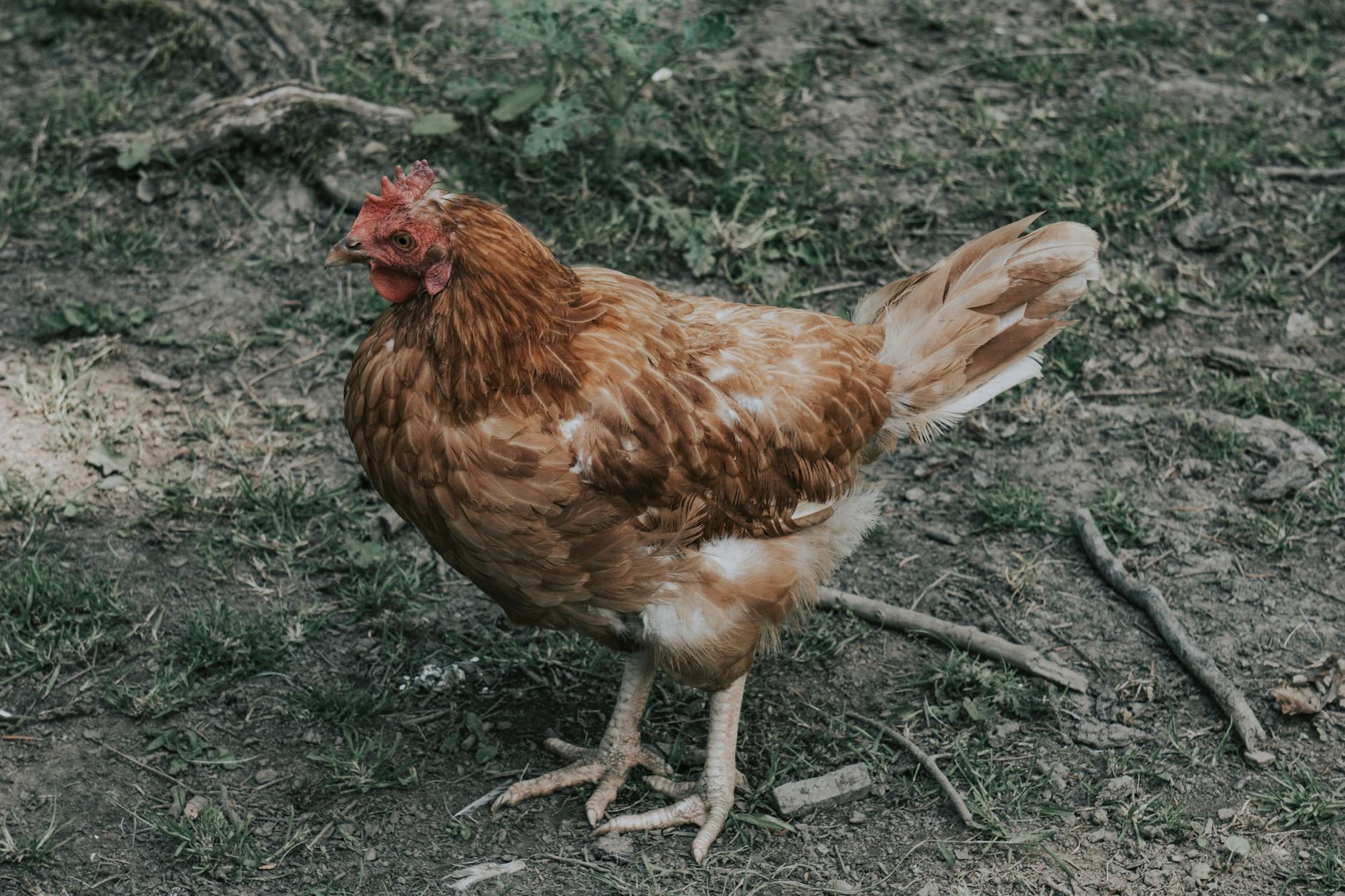 Photo by Alex S
Photo by Alex S
Identifying the Root Cause
Before implementing strategies to stop hens from eating their eggs, it’s crucial to identify the root cause of this behavior. Observation and record-keeping are essential steps in understanding the pattern of egg-eating. Spend time observing the hens’ behavior, noting any signs of stress, discomfort, or nutritional deficiencies. Keeping detailed records of the frequency and timing of egg-eating incidents can provide valuable insights into potential triggers.
Consulting a veterinarian is a proactive step in identifying the root cause of egg-eating behavior in hens. A veterinarian specializing in poultry can conduct thorough examinations to rule out health issues, assess the hens’ diet, and provide professional guidance on managing stress or other environmental factors that may contribute to egg-eating.
Implementing Best Practices for Egg Collection
A crucial step in preventing hens from eating their eggs is to implement best practices for egg collection, which involves providing adequate nesting boxes, collecting eggs frequently, and using fake eggs or golf balls.
Providing Adequate Nesting Boxes
When it comes to preventing egg consumption, adequate nesting boxes are essential for providing a comfortable and secure environment for hens to lay their eggs. Ensure that the nesting boxes are clean, properly sized, and filled with soft materials such as hay or straw to encourage hens to lay their eggs in the designated area.
Collecting Eggs Frequently
Regular egg collection is vital in preventing hens from developing the habit of pecking and consuming their own eggs. Collect eggs at least twice a day to minimize the opportunity for hens to access and consume the laid eggs.
Using Fake Eggs or Golf Balls
Introducing fake eggs or golf balls in the nesting boxes can deter hens from pecking at and eating their own eggs. The presence of these objects can confuse the hens and discourage the behavior of egg consumption.
Improving Hen Nutrition
Ensuring that your hens receive the proper nutrition is crucial in preventing them from eating their own eggs. Quality feed and supplements play a significant role in supporting the overall health of your flock, while meeting their dietary requirements. Additionally, ample calcium intake is essential to prevent hens from seeking out and consuming their own eggs.
Quality Feed and Supplements
Providing your hens with a balanced and high-quality diet is essential for their well-being and egg-laying habits. A diet rich in protein, vitamins, and minerals promotes healthy egg production and reduces the likelihood of egg consumption. Incorporating a commercial layer feed ensures that your hens receive all the necessary nutrients for optimal health and egg production.
Supplements such as oyster shell or crushed eggshells can also be added to their diet to boost calcium levels, contributing to stronger eggshells and reducing the likelihood of hens resorting to egg-eating behaviors.
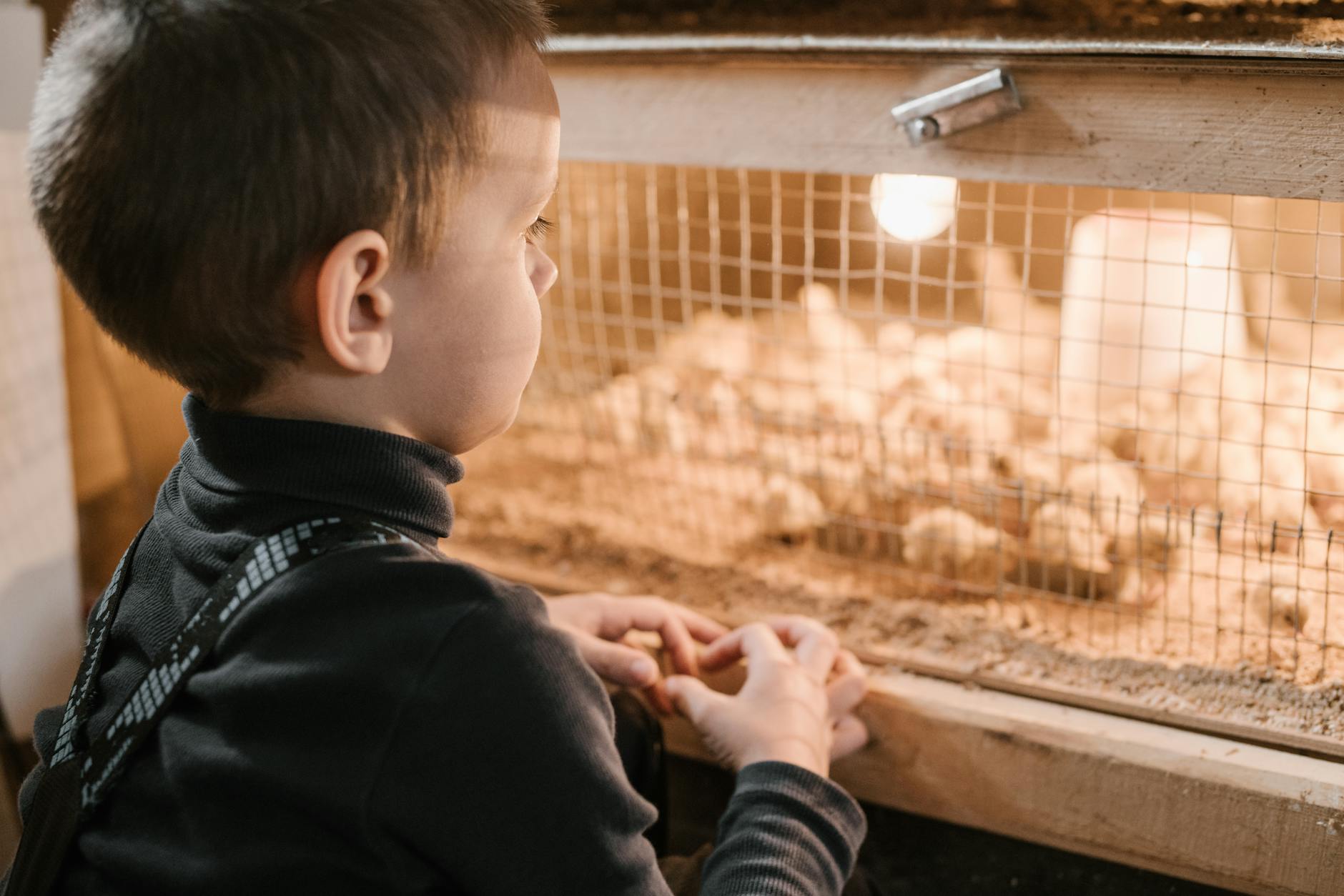 Photo by ArtHouse Studio
Photo by ArtHouse Studio
Ensuring Sufficient Calcium Intake
Calcium is a vital component in the diet of laying hens, as it is utilized in the formation of eggshells. A deficiency in calcium can lead to thin or fragile eggshells, prompting hens to consume their own eggs to replenish this essential nutrient. Providing access to oyster shell or crushed eggshells in a separate container allows hens to self-regulate their calcium intake, ensuring they have an adequate supply for producing strong and healthy eggs.
Incorporating calcium-rich foods, such as leafy greens and calcium-fortified treats, can also contribute to meeting the hens’ calcium requirements, thereby reducing the likelihood of egg cannibalism.
Addressing Stress and Boredom
Ensuring that your hens are content and fulfilled is essential in preventing egg-eating behavior. Addressing stress and boredom can significantly minimize the likelihood of this issue occurring.
Enhancing Living Conditions
Providing a spacious and clean living environment is crucial for your hens’ well-being. Consider the following factors when optimizing their living conditions:
- Adequate Space: Ensure that the coop allows each hen to have at least four square feet of space to move around comfortably.
- Proper Ventilation: Good airflow is essential in preventing the buildup of ammonia and other noxious gases that can lead to stress.
- Nesting Boxes: Offer secluded and comfortable nesting boxes to provide a safe space for laying eggs.
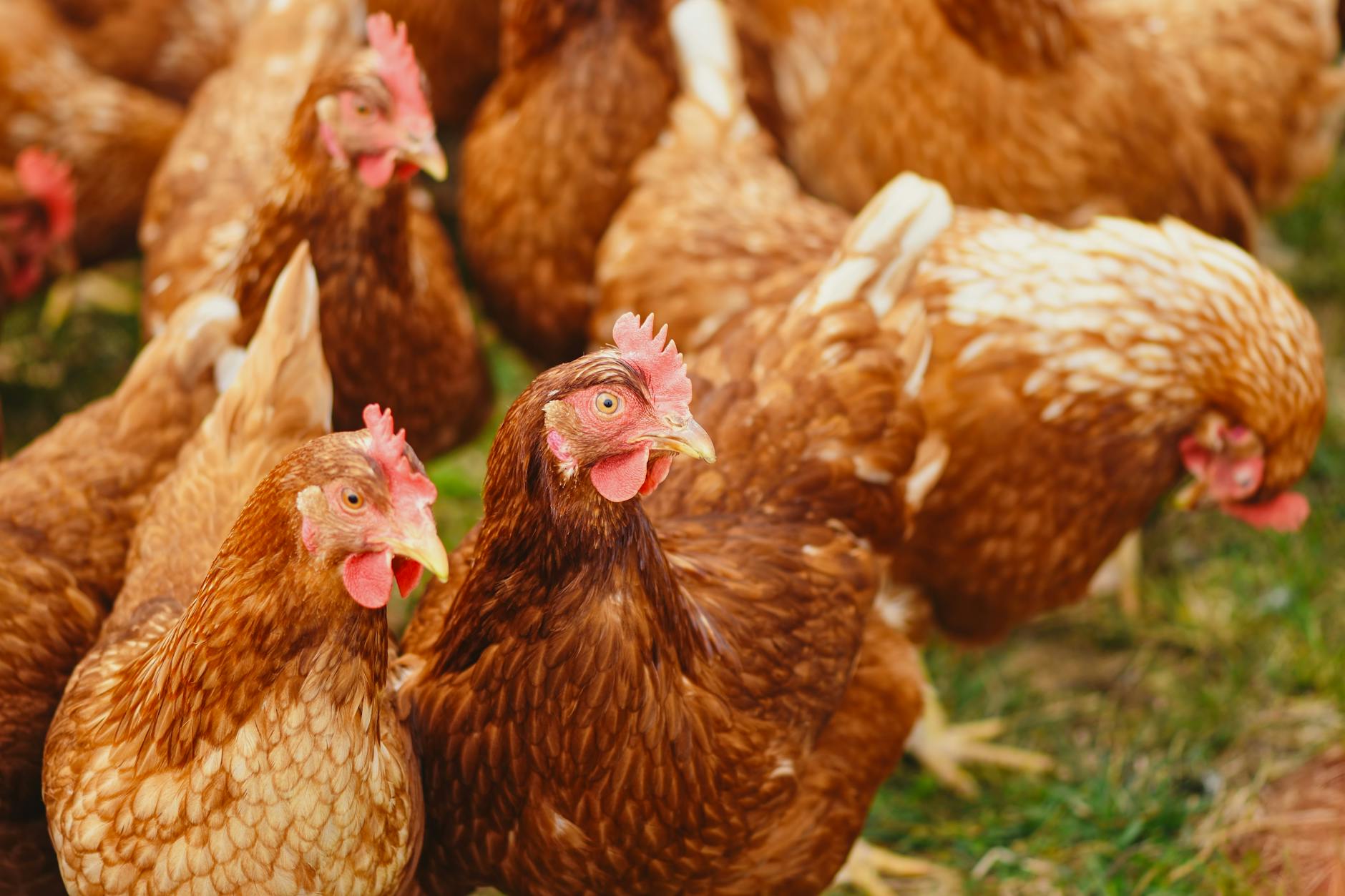 Photo by Alexas Fotos
Photo by Alexas Fotos
Enrichment Activities for Hens
Engaging activities can alleviate boredom and reduce stress for hens, ultimately decreasing the likelihood of egg consumption. Consider the following enrichment options:
- Foraging Opportunities: Scatter feed in the coop or outdoor space to encourage natural foraging behavior.
- Perches and Roosts: Install different perches and roosts at varying heights to provide mental stimulation and physical activity.
- Dust Bath Areas: Create designated areas filled with sand and diatomaceous earth to allow hens to perform natural dust bathing behavior.
By enhancing living conditions and providing enriching activities, you can promote a healthier and more contented environment for your hens, thereby reducing the likelihood of egg-eating behavior. This is a helpful guide to read to help keep your hens healthy and happy
Behavior Modification Techniques
When dealing with hens eating their eggs, behavior modification techniques can be effective in addressing this issue. By using egg-distracting tactics and positive reinforcement, it’s possible to discourage hens from consuming their own eggs.
Egg-Distracting Tactics
Implementing egg-distracting tactics involves providing the hens with alternative items to peck at or focus their attention on, which can help redirect their natural instinct to break and eat the eggs. Placing fake or wooden eggs in the nesting boxes can serve as a distraction and may discourage the hens from targeting the real eggs. Another approach is to place treats or food puzzles in the coop to keep the hens occupied and less inclined to consume their eggs.
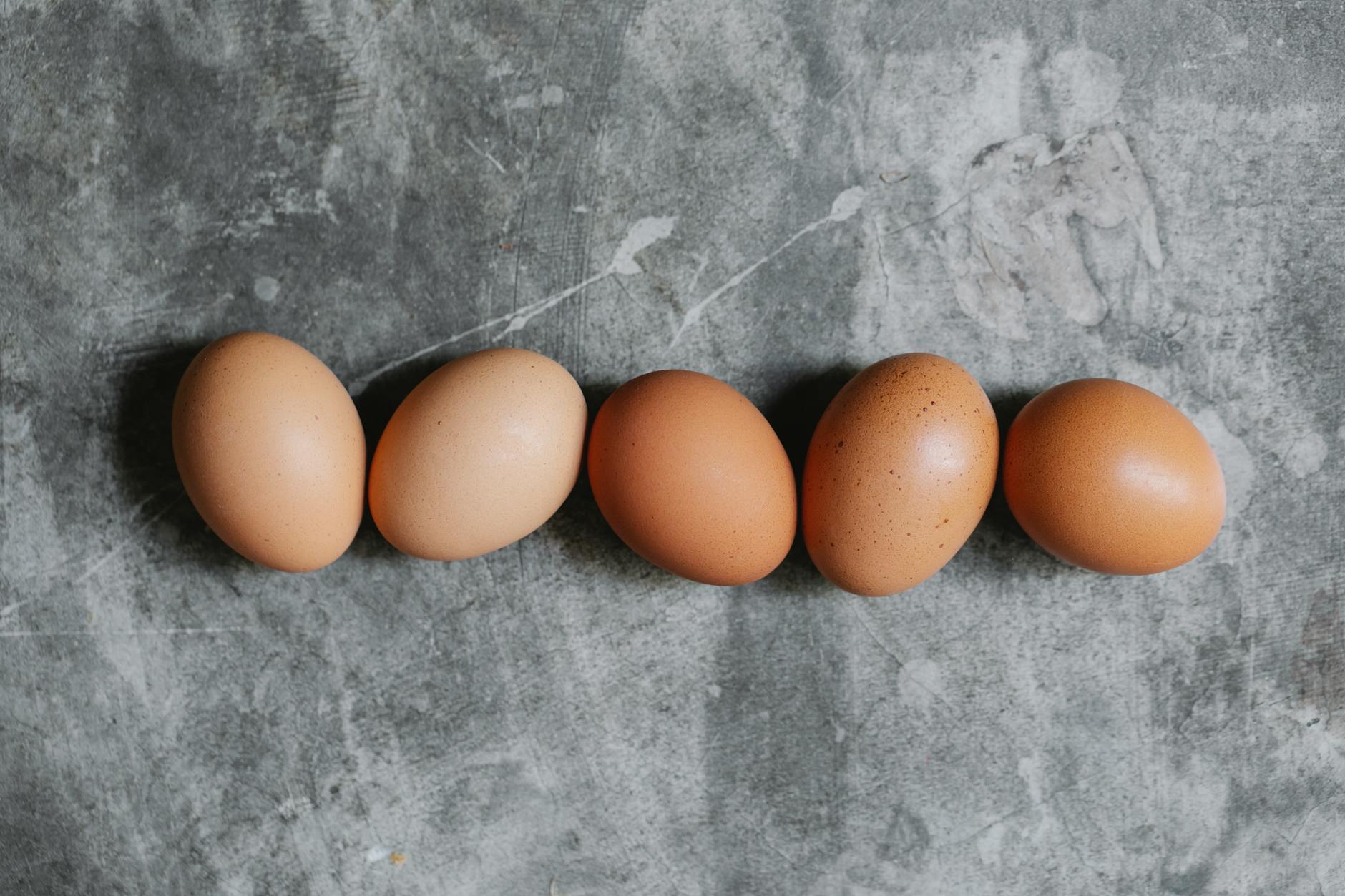 Photo by Klaus Nielsen
Photo by Klaus Nielsen
Conclusion
In conclusion, preventing hens from eating their eggs requires a proactive approach that addresses their living conditions, nutrition, and behavior. By implementing proper nesting boxes, providing a well-balanced diet, and promptly removing eggs from the coop, you can effectively discourage this unwanted behavior. Additionally, ensuring that hens have access to a stimulating environment and addressing any potential stressors can further contribute to minimizing egg-eating tendencies. Taking these steps can promote a healthier and more productive flock while safeguarding your egg supply.
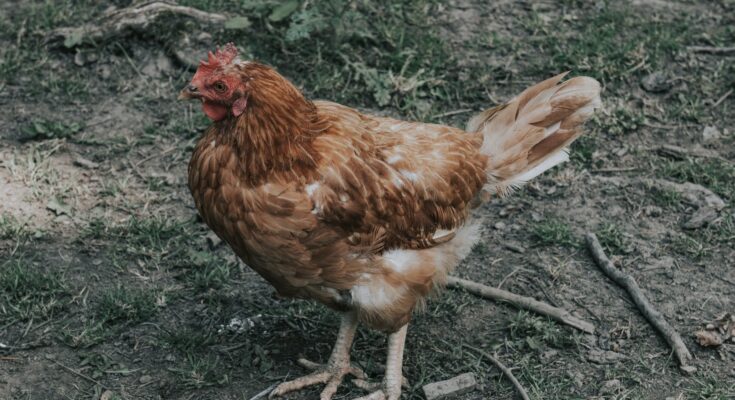
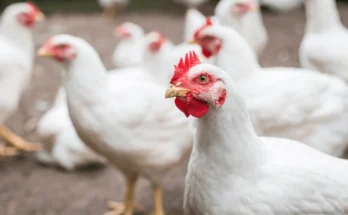

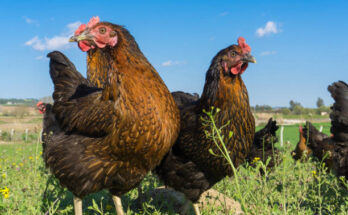
Hi, this is a comment.
To get started with moderating, editing, and deleting comments, please visit the Comments screen in the dashboard.
Commenter avatars come from Gravatar.